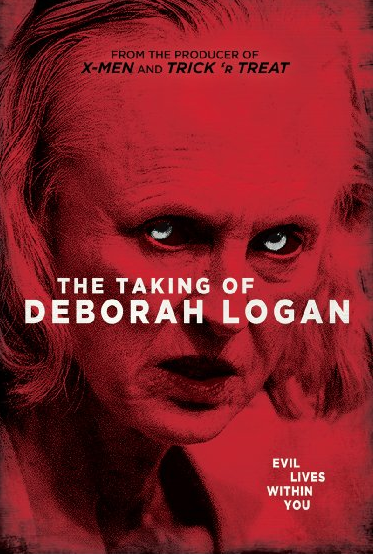
This post was written for and originally published on Bookmunch
Don’t Cry is a collection of ten short stories that explore the complexity of human interactions and the concerns these cause. It took me some time to connect with the voices of the narrators. The serrated edge of the prose in the first three tales grated as the subject of sex was granted seemingly unnecessary importance within the context of each plot. Although character driven I struggled to empathise with the varied casts being created. Their predicaments evoked desolation and lacked the percipience to draw me in.
By the fourth story, ‘The Agonized Face’, the prose began to resonate. A reread was required to fully appreciate but I could now enjoy the warp and weft of the author’s words. I had found that important reader connection with her style. ‘Mirrorball’ impressed for its experimental approach to the differing impacts of a one night stand on a boy and a girl. The souls taken and discarded neatly encapsulate the nuance of sexual encounters and their lasting significance, however casually approached. ‘Today I’m Yours’ explores the relationship between an author and an editor over many years as they move in and out of each other’s lives. Early in her career the author ‘fantasized about the social identity that might be mine if the book were to succeed’. The story follows the creation and maintenance of this identity, and how it changes the private person underneath.
“Sometimes it seemed to me an empty life, but that wasn’t really true. It wasn’t empty; it was more that the people and events in it were difficult to put together in any way that felt whole.”
‘The Little Boy’ looks at family and their loss of connection over time. It opens with an elderly mother returning from a visit to her grown up daughter. She thinks through her changing relationship with each of her children, feeling sanguine about where they are with each other now despite obvious irritations. In an airport waiting room she observes a young mother’s negative reaction to her child’s lively behaviour and attempts to offer understanding. She has experience of lasting resentments growing from such minutiae.
The stories present the underlying loneliness of never being fully understood alongside both sympathetic and caustic internal reactions to others. War veterans recognise the difficulties faced by fellow survivors yet judge harshly their observed behaviours. Prejudices remain despite understanding the personal cost of conflict of all kinds
The final story, ‘Don’t Cry’, is set in Ethiopia where two middle aged American women wish to adopt a child. Themes of privilege, guilt and grief run alongside the violence of poverty. Moments of hopelessness are transformed into anecdotal entertainment when subsequently recounted. There is an expectation that pain will be internalised, that to cry is to make a fuss when always someone else is worse off.
Any Cop?: Despite my initial antipathy, these stories were enjoyed for their varied and succinct insights. The author offers a jagged understanding of life powerfully presented within contexts that affirm the stoicism of survival.
Jackie Law
Advertisements Share this:




